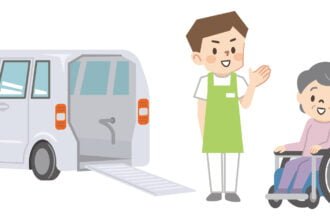A Northwestern University study has shown that more than one-third of paid home care staff had difficulty reading and understanding health-related information and directions. Sixty percent made errors when sorting medications into pillboxes.
Nearly 100 paid, non-family caregivers were recruited in the Chicago area and their health literacy levels and the health-related responsibilities were assessed, said Lee Lindquist, MD, assistant professor of geriatrics at Northwestern University Feinberg School of Medicine and physician at Northwestern Memorial Hospital.
Nearly 86 percent of the caregivers performed health-related tasks. Most were women, about 50 years old, foreign born or with limited education. Many made under minimum wage.
Despite pay, country of birth, or education level, 60 percent of all the caregivers made errors when doling medication into a pillbox.
Lindquist said. “If you really want to know if the caregiver is doing a good job and is taking care of the health needs of your senior, start by going into the home, observing them doing the tasks, and asking more questions.”
When evaluating a care provider ask if:
- they provide training for staff at orientation on medication management.
- they provide ongoing training to staff as medications change, come and go.
- use a licensed pharmacist on a consulting basis.
- they equip staff with smart-phone apps that staff can download that can help with medication identification and management.
“Most physicians and family members do not realize that while the caregiver is nodding and saying ‘yes,’ she might not really understand what is being said,” he said.








